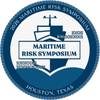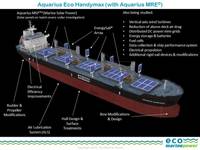
A 'major shipping company' based in the United Arab Emirates (UAE) and Eco Marine Power Co., Ltd. (EMP) of Japan have agreed to undertake a joint Eco Ship technical study related to renewable energy solutions for ships including Aquarius Marine Solar Power…
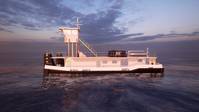
Jeffersonville, Ind. based American Commercial Barge Line (ACBL) announced it has signed a contract with Bayou La Batre, Ala. shipbuilder Steiner Construction Company for the design and construction of a new EPA Tier 4 retractable towboat.“Investing in our future is a key part of ACBL’s strategy…
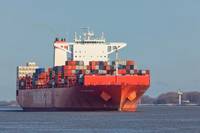
Xeneta has taken the first step in a campaign to identify the carrier industry’s best and worst environmental performers across the world’s 13 leading shipping trades. With the help of the Carbon Emissions Index (CEI), a tool from Xeneta and Marine Benchmark…
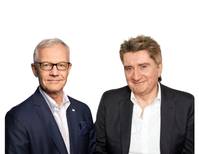
Wilhelmsen Ship Management (WSM) and Affinity Shipping signed a Memorandum of Understanding (MOU) to establish an independent company that will provide compliance services related to the EU ETS (European Union Emission Trading System).When created…
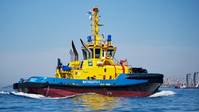
For the fifth year in a row, SAAM Towage was recognized by the Ministry of the Environment’s Huella Chile program for measuring and assuring its greenhouse gas (GHG) emissions during 2021.“Our commitment is to continually seek alternatives that…
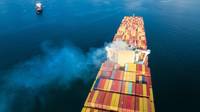
A new report from the Global Maritime Forum, prepared on behalf of the Getting to Zero Coalition, assesses progress toward the development of Green Shipping Corridors - maritime routes between major port hubs where zero-emission solutions are…
Denmark's Christiania Shipping, which operates 20 vessels, added StormGeo’s CII Simulator to its fleet performance management toolbox earlier this year. “With the new Carbon Intensity Indicator (CII) rating scheme coming into play soon, we are…
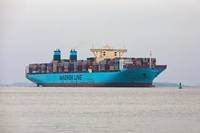
A.P. Moller-Maersk has withdrawn its board member from industry organization International Chamber of Shipping (ICS), partly over the trade association's stance on climate change, according to the company's website.Maersk, one of the world's largest shipping groups…
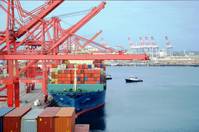
Building on its longstanding initiatives for reducing vessel pollution, the Port of Long Beach has extended its Green Ship Incentive Program another two years and made its Vessel Speed Reduction Program permanent.Launched in 2012, the port’s…

Volvo Penta has expanded its marine IMO Tier III range with new D13 solutions.This expands the range of marine commercial Volvo Penta D13 IMO III solutions for IPS-1200, IPS-1350, D13-900, and D13-1000. Each package exceeds the IMO III standards…

Finland-based marine engine and technology specialist Wärtsilä has signed agreements with the Japanese shipping group MMS to optimize maintenance and emissions for two MMS LNG carriers and maximize engine uptime.Wärtsilä said the agreements…
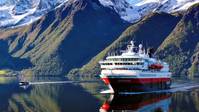
Hurtigruten Norwegian Coastal Express partners with SINTEF to create zero emission ships for the Norwegian coast by 2030.Since 1893, Hurtigruten Norwegian Coastal Express has carried local passengers, goods, and tourists between 34 ports. The…
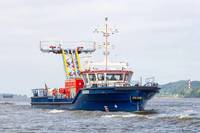
Hamburg Fire Fighting Vessels Dresden and Prag sport diesel-electric hybrid propulsion and battery systems from EST-Floattech.After the first 100 days of operation, operator Flotte Hamburg is reports it is satisfied with the two new firefighting…

StormGeo launched a new Carbon Intensity Indicator (CII) Dashboard that provides ship operators with the ultimate digital tool for calculating, reporting, and proactively improving the CII rankings of their fleet.The new CII Dashboard is a key addition to StormGeo’s software and services suite…
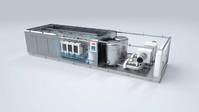
ABB and Ballard are progressing to decarbonize marine transport and have received an AiP from DNV for their high-power fuel cell concept, the development of which was launched in 2018. The high-power fuel cell unit is designed to be a flexible…



